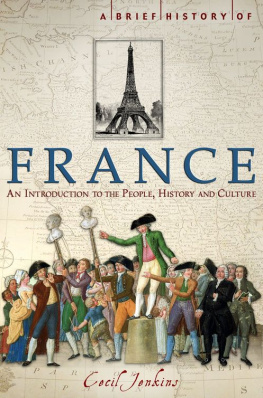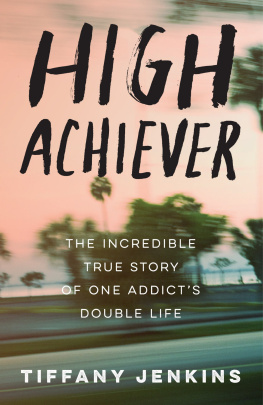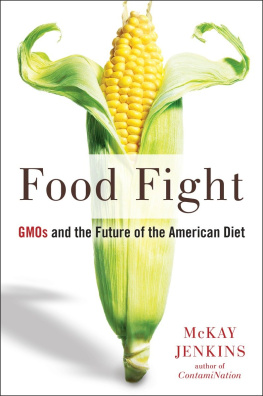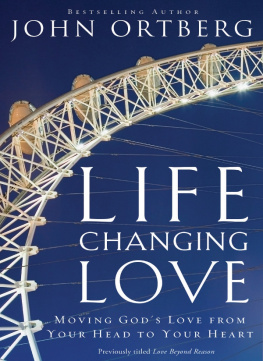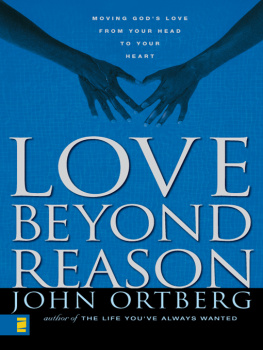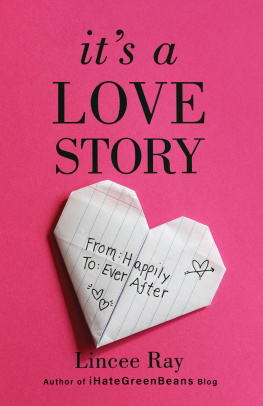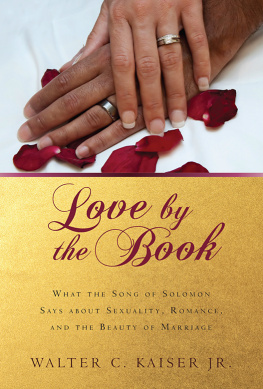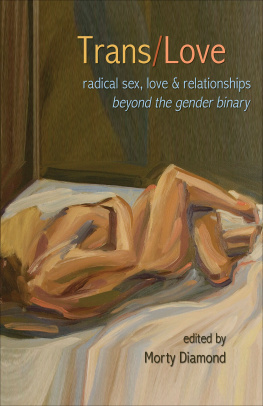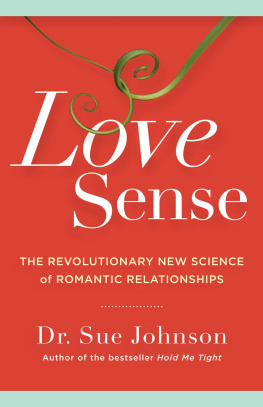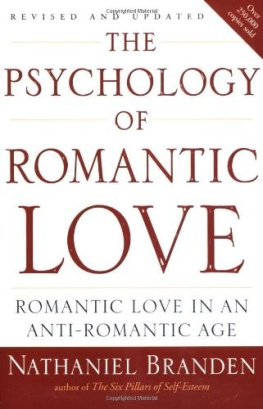Published in the United States by Basic Books an imprint of Perseus Books, LLC, a subsidiary of Hachette Book Group, Inc.
All rights reserved. Printed in the United States of America. No part of this book may be reproduced in any manner whatsoever without written permission except in the case of brief quotations embodied in critical articles and reviews. For information, address
Basic Books
250 West 57th Street, 15th floor
New York, NY 10107.
Books published by Basic Books are available at special discounts for bulk purchases in the United States by corporations, institutions, and other organizations. For more information, please contact the Special Markets Department at Perseus Books
2300 Chestnut Street, Suite 200, Philadelphia, PA 19103
or call (800) 810-4145, ext. 5000
or e-mail special.markets@perseusbooks.com.
Names: Jenkins, Carrie, author.
Title: What love is : and what it could be / Carrie Jenkins.
Description: New York : Basic Books [2017]
Includes bibliographical references and index.
Subjects: LCSH: Love--Philosophy.
Classification: LCC BD436 .J46 2017 | DDC 128/.46--dc23 LC record available at https://lccn.loc.gov/2016019598
Prologue:
On Being a Philosopher in Love (Maybe)
I am a philosopher. I am also a human being. These arent wholly separable aspects of my selfthey are intimately connected. They inform and shape each other. How I love influences how I think, and how I think influences how I love. Im not unusual in this regard. Anyone who sets out to think about love comes to the task with a bundle of personal experiences. Whether good or bad, stereotypical or subversive, our experiences inform our thinking. And there is nothing wrong with thatwhich is lucky, really, as theres certainly no escaping it! We just need to be aware that it happens.
On the mornings when I walk from my boyfriends apartment to the home I share with my husband, I sometimes find myself reflecting on the disconnects between my own experiences with romantic love and the way romantic love is normally understood in the time and place in which I live (Vancouver, Canada, in 2016). Sometimes this starts out in my mind as a replay of an awkward conversation, one of those where someones asked me a perfectly innocent questionSo how do you two know each other?and unwittingly forced me to choose between giving a deceptive answer and providing what I know will be too much information .
If I tell the truthHes my boyfriendto people who know me and my husband, its inevitably going to cause embarrassmentthe kind of embarrassment that comes with suddenly being made to acknowledge the existence of something awkward, something abnormal, something that makes people feel icky. Deceptive answersOh, he used to work in the office upstairs from mineare easy and comfortable.
And it turns out, its alarmingly easy to be dishonest while saying true things. He really did work in the office upstairs from mine; that just isnt how we met. In fact we never met in person until we noticed each other on the dating website OKCupid. When I am tired or nervous, when I dont know the person Im talking to very well, or when I just dont feel like explaining myself again, I take the easy way out. I give the deceptive answer.
But philosophy doesnt let me take the easy way out of hard questions. Living in this cultural context, Im routinely reminded that successful, mature, romantic lovethe stuff of movies, pop songs, Valentines Day cards, and fairy talesis supposed to be monogamous. So the question is forced on me: What is this thing that Im doing? Is it love? Is it romantic love?
Philosophy is my day job, and I know a philosophical question when I see one. But reading the philosophical literature on love hasnt, on the whole, been much help to me. Philosophers often assume monogamy without question. Some even treat monogamy as definitive of romantic love: a characterizing feature that distinguishes it from other kinds of love. and sustain their baseline assumptions. But philosophy no more allows our baseline assumptions to pass unchallenged than it lets us take the easy way out of hard questions.
If indeed romantic love must be monogamous, then I am making some kind of mistake when I say, Im in love with youmeaning romanticallyto both my partners. I am not lying, because I am genuinely trying to be as honest as I can. But if romantic love requires monogamy, then despite my best intentions, what Im saying at those moments is not, strictly speaking, true.
The question of whether what I say is true is complicated, not least because the nature of love is a vague and messy business. Answers are not going to appear neatly tied up with a heart-shaped bow. We can and should trace out the broad-brush contours of love, but if we go looking for sharp edgesa tidy, simple theorywe are bound to be disappointed. Trying to state the nature of romantic love with precision is like trying to nail some Jell-O to a wall made of Jell-O, using a Jell-O nail.
But the question is complicated for another reason as well. Romantic love is in the process of changing. And I dont just mean that attitudes toward love are changing, although thats also true. Ill unpack these ideas over the course of the book. For now, though, suffice it to say that I think the norm of monogamy could be one of the features in flux. We are creating space in our ongoing cultural conversations to question the universal norm of monogamous love, just as we previously created space to question the universal norm of hetero love.
Just having the words to describe something is an important first step in opening up that space. A word for honest, nonmonogamous, loving relationships, polyamory, came into circulation during the late twentieth century. Since the 1990s, the Internet has also greatly facilitated the exploration of polyamory and other forms of ethical nonmonogamy (as distinct from cheating and other unethical behaviors). This has made it infinitely easier for those who wanted to explore nonmonogamy to find like-minded partners, communities, and information. Over the same period, researchers have begun to work on understanding the stigma attached to violations of the monogamy norm, while activists and advocates have begun to work on ending that stigma and providing practical information and support to people whose families or jobs are at risk because of prejudice surrounding their nonmonogamous relationships.



